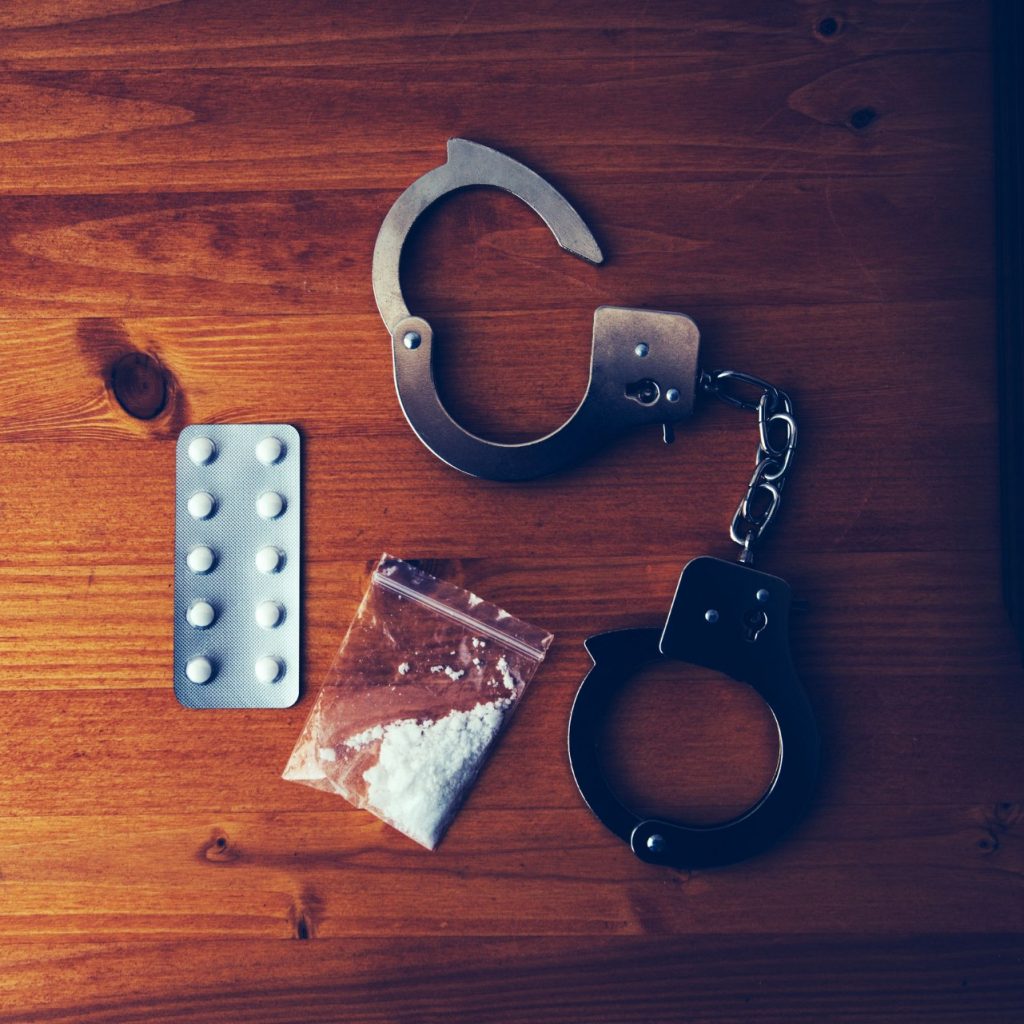
What is meant by controlled drugs?
There are three categories of drugs: over the counter, prescription required, and illegal drugs, which are referred to as controlled drugs. It is the illegal drugs that drug charges can result. Meaning, if you’re arrested for possession of controlled substance drugs, you are facing drug charges.
A controlled substance is commonly a chemical or drug whose manufacturing of possession of, or use of is government regulated, which a person can face drug charges if any of these scenarios apply to them. This includes drugs that are illicitly used that are intended to be prescription medications. There are some prescription medications that are not included in this group, like antibiotics.
What are the 5 types of controlled substances?
This category was determined after careful consideration by legal and medical industries and other sources. The purpose of control of drugs is a method of protecting the public from harm that can come for exposure and use of certain drugs. This gives us the CSA (Controlled Substance Act), a federal law that determines what is subject to drug charges for illegal manufacturing, possession, or use.
Controlled drugs are substances that are controlled under the Controlled Substances Act (CSA). All drug substances are categorized by the federal government to regulate them according to a predetermined “schedule,” based on the level of danger they are to the public. The manufacturing, possession, or use of these five drugs subject the person or persons to drug charges if determined by law enforcement. The five “schedules, which are:
- Anabolic Steroids
- Depressants
- Hallucinogens
- Narcotics
- Stimulants
What is Schedule 1 controlled substance?
Schedule I controlled substance that can result in drug charges include chemicals, drugs, or other substances are drugs that do not have any medical use by the American Medical Association or other authoritative figure that has knowledge of drugs and has the possibility of being abused for the end results of taking the drug, aka, “getting high”, creating a severe physical and/or psychological dependence.
How many Schedule 1 drugs are there?
The federal law determines that Schedule 1 drugs are those that are not readily available for clinical doctor prescribed use. These are drugs that have not been researched, studied, tested, and approved by the Food and Drug Administration, aka FDA, for public use by prescription. Examples of Schedule I drug that would result in drug charges for manufacturing, possession, or use of would be:
- Heroin
- LSD (lysergic acid diethylamide)
- Marijuana (cannabis),
- Methylenedioxymethamphetamine (ecstasy)
- Methaqualone
- Peyote
What kind of drug is alcohol?
Alcohol initially provides a stimulating feeling initially, thus its popularity in a social setting. This results from it boosting dopamine, the brain’s chemical messenger that gives us a euphoric feeling.
They classify alcohol as a depressant, affecting the central nervous system. It is considered a psychoactive substance that excessive consumption can inhibit activity in the central nervous system, resulting in impaired coordination, delayed reaction, and slurred speech.
It has been determined through research and studies that alcohol impacts the brain and distorts a person’s ability to make a correct judgment and sound reasoning. After a person has consumed a few drinks, it is common they will begin to experience the depressant effects, which can be more potent for some than others. The depressant effects can spiral downward rapidly, become out of control and cause any or all of the following reactions:
- Memory loss
- Inability to talk or walk
- Pain Desensitization
It is those reactions that can lead to the potential cause of accidents that may result in serious injury, even death, which would lead to a DUI or DWI, which could be considered drug charges.
Are drug charges a felony?
Felony drug charges under state and federal criminal laws, usually result in a one-year prison term and other criminal fines, whereas misdemeanor drug charges will result in a sentence in jail time, not prison, and other criminal fines that are as extensive as with federal drug charges. What determines the difference in the level and severity of drug charges are the following factors:
- Drug charges by the amount
- The drug types
- Being sold or trafficking
It is usually considered the act of distributing to be felony drug charges by most state laws due to the potential harm it causes more people. In some situations, it is considered that a certain amount of possession to be possession with intent to sell.

Can drug charges be expunged?
Each state will have its own determining factors for this, but in Texas, there are some circumstances where the drug charges can be expunged from a person’s record. Those circumstances would be if a conviction for the drug charges did not happen, or there was not a formal prosecution. An expunged drug charge means it removes the information from a person’s records. One way this could happen would be the defendants’ legal team proved if the drug charges without evidence.
If a person faces drug charges of any type, misdemeanor or federal should contact a defense attorney with experience in drug charges. The attorney can post bond, if a judge sets a bond, and guide the accused through the legal process. With their experience and knowledge of the law, they can get the charges dropped or reduced, and the penalty set to the best interest of their client.
Call 512.834.2245 today for drug charge bail in Austin, TX from ATX Bail Bonds.


